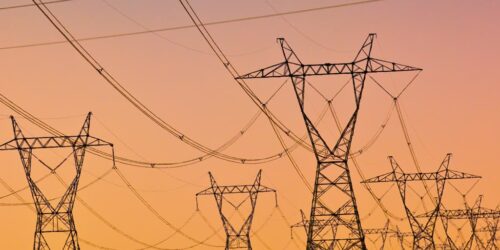While reserving its judgement on tariff increase, the National Electric Power Regulatory Authority (Nepra) on Tuesday expressed displeasure over night time power cuts in Karachi owing to administrative and financial disputes of K-Electric and Sui Southern Gas Company Ltd (SSGCL).
Presiding over the a public hearing on quarterly adjustment of KE’s petition for 37 paisa per unit increase in tariff, Nepra Chairman Tauseef H. Farooqi observed that it was unfortunate that people of Karachi were suffering due to a fight between SSGCL and K-Electric. He was referring to inordinate delays over the signing of Gas Supply Agreement (GSA) between two Karachi based utilities.
He was particularly critical of the loadshedding in the night as consumers complained that it was creating serious discomfort to every walk of life but particularly the residential consumers. “We have asked you not to carry out night time loadshedding in Karachi then why you are doing it?” questioned Mr Farooqui and wondered if the KE had signed the GSA with SSGCL.
A senior KE’s official said the power utility had to unwillingly resort to night time loadshedding in some areas due to limitations of the NTDC’s system.
However, he said there was no night time power cut over the past 15 days. The official also responded in the negative about the GSA, saying it had not been signed yet.
Referring to utilisation of expensive furnace for power generation, the Nepra chief noted when KE was getting enough gas “then why you had used furnace oil?” The KE’s official responded that the minimum requirement of gas stood at 190 million cubic feet per day (MMCFD) and furnace oil had to be utilised when demand went up and sufficient gas was not available.
In its two petitions, KE had sought monthly fuel cost adjustment (FCA) for period of January 2021 to
April 2021 and adjustment for the quarter ending in March 2021 under Multi-Year Tariff (MYT) 2017-2023. Under FCA, the K-Electric had requested Nepra to allow charging a total of Rs7.174bn in additional revenue from consumers for three months and refund of Rs1.6bn for another month.





